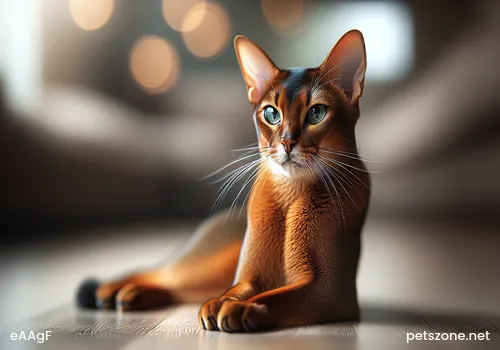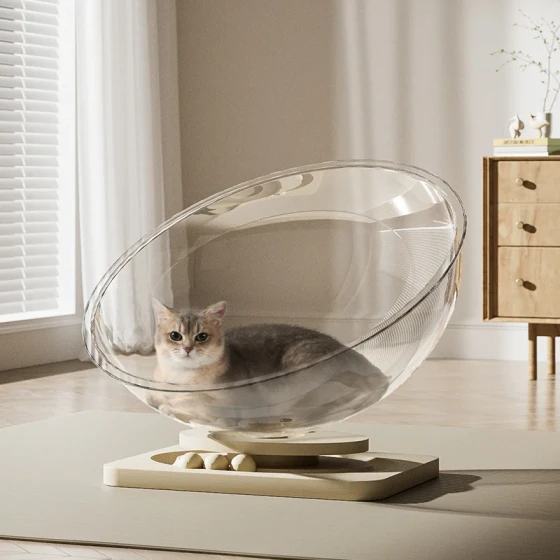Can Cats Eat Eggs? Decide After Reading This Article
Whether cats can eat eggs depends on their different constitutions. Moreover, many cats have various dietary preferences, and different breeds of cats also differ in their diets. Different cats have different constitutions, meaning their ability to adapt to eggs varies. Some cats can eat a lot of eggs, but others can only eat a little or may not be able to eat them at all. Additionally, some cats only eat egg yolks, and these must be cooked; raw eggs and egg whites are not allowed. Furthermore, some cats are only suitable to eat cooked egg yolk, with raw eggs and egg whites being unacceptable.

When owners feed eggs to their cats, they need to decide based on the cat’s actual physical condition whether they can eat eggs and what kind of eggs are suitable. Cat owners can first try giving their cats cooked eggs and then observe for any adverse allergic reactions. If the cat’s physical condition remains normal without any abnormal changes, they can appropriately feed eggs. However, if the cat shows abnormal reactions, feeding eggs should be stopped immediately.

During the kitten stage, if you want to feed eggs, it is best to first mash the egg yolk before feeding it to the kitten, which can supplement calcium and boost immunity. When the cat reaches 1-2 months old, it will be weaned. During the weaning period, the cat’s diet is the same as during lactation. Soft and easily digestible foods need to be prepared to prevent harm to the cat’s stomach and intestines and avoid adding a burden to digestion.

Cats generally have good eating habits and know their own appetite; they eat until full and then stop. Of course, except for a few greedy ones. When feeding cats, special attention must be paid to diet. Whether feeding eggs or other foods, feeding must be based on the cat’s own constitution and done accordingly. Blind feeding is not allowed. Only by doing so can you raise a healthy and lovely cat.




